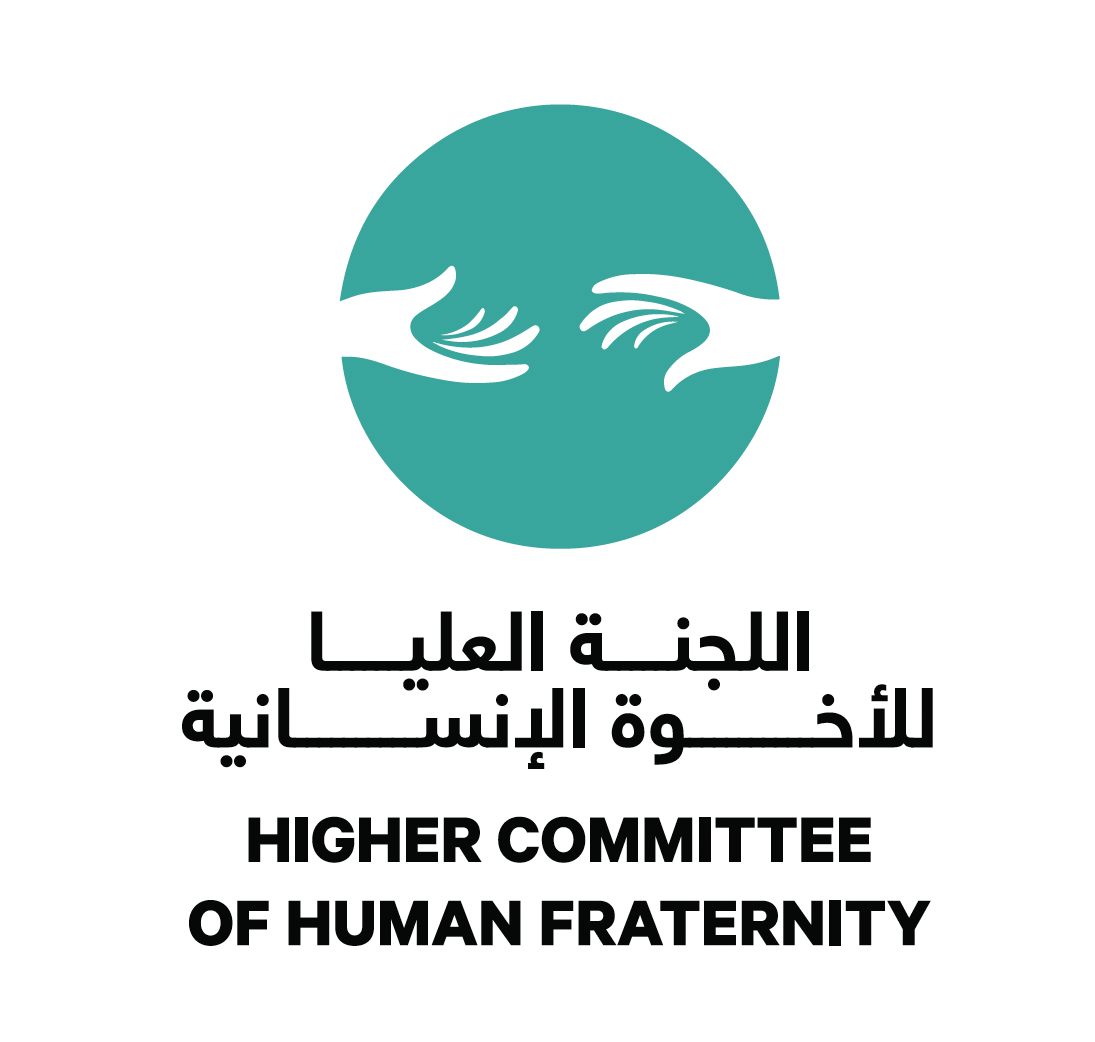The global economic order is being redrawn before our eyes. In a world shaped by geopolitical friction, digital transformation, and shifting trade alliances, yesterday’s superpowers are no longer guaranteed to lead tomorrow’s global economy. Once unchallenged at the top, the United States now faces growing economic strain, while China surges ahead with strategic global expansion. Meanwhile, Europe’s economic influence is fading—being replaced in many ways by the rising financial power of the Middle East.
But perhaps the most important question now is: Who will lead Africa’s future?
Let’s break down the new world order—and the battle for Africa.
The Fall of a Giant: U.S. No Longer No. 1
For decades, the United States dominated the global economy. Today, it’s under pressure on multiple fronts:
- Mounting debt: U.S. national debt has surpassed $34 trillion, shaking investor confidence.
- Declining manufacturing dominance: Much of its industrial base has shifted overseas.
- Global dollar pushback: Countries are slowly reducing their reliance on the U.S. dollar in trade, as seen in China, Russia, and parts of the Middle East.
- Internal division and political instability: Uncertainty in U.S. governance has impacted international trust in long-term leadership.
China: Not Just Catching Up—Now Expanding
China has not only caught up with the U.S. in many sectors—it’s surpassed it in others:
- Manufacturing powerhouse: China is the world’s #1 exporter and manufacturing hub.
- Tech dominance: In AI, EVs (electric vehicles), and infrastructure tech, China leads in innovation and scale.
- Global investment: China’s Belt and Road Initiative (BRI) has funded infrastructure projects across Asia, the Middle East, Latin America—and most significantly, Africa.
Europe’s Fade and the Rise of Middle Eastern Capital
Europe, once an economic giant, now faces slow growth, energy insecurity, and shrinking demographics. This vacuum has allowed Middle Eastern countries, especially those from the Gulf, to expand their reach:
- UAE, Saudi Arabia, and Qatar are actively investing in tech, sports, infrastructure, and clean energy projects across the globe.
- In Africa, Middle Eastern sovereign wealth funds are pouring billions into:
- Ports and logistics (Djibouti, Sudan)
- Agriculture (Ethiopia, Sudan, Egypt)
- Energy and infrastructure (Morocco, Kenya, Nigeria)
But while impressive, Middle Eastern involvement in Africa is still smaller in scale than China’s multi-decade, multi-continent push.
Africa: The Final Frontier
Africa is the youngest, fastest-growing, and resource-richest continent. With over 1.4 billion people, massive reserves of critical minerals, and huge development potential, it’s become the new arena for global influence.
China’s Role in Africa:
- $155 billion invested in infrastructure since 2000
- Massive funding for roads, railways, dams, and hospitals
- Growing military and political influence, including peacekeeping missions and security agreements
- Trade with Africa now exceeds $250 billion annually
Middle East’s Role:
- Investments estimated at $100 billion over the past 10 years, growing rapidly
- Focus on ports, food security (farming/agriculture), and energy
- The UAE and Saudi Arabia lead the charge with long-term strategic plans to gain influence
Other Players:
- India is slowly ramping up engagement, particularly in tech, pharmaceuticals, and diaspora connections.
- Russia focuses on security and arms deals but lacks the economic scale of China.
- Turkey has expanded its footprint through construction, trade, and military bases.
- The EU remains involved through aid and development programs, but its investment scale is dwarfed by China and the Gulf.
Conclusion: A New Global Map
The old global hierarchy is shifting rapidly:
- The U.S. is struggling to maintain dominance
- Europe is losing ground
- China is expanding aggressively—especially into Africa
- The Middle East is building serious influence, especially in resource and infrastructure sectors
As we look ahead, the competition for Africa will define who holds power in the second half of the 21st century. China is far ahead in the race, but the Middle East is quickly gaining pace. The continent that was once overlooked is now the center stage of the global economic future.














